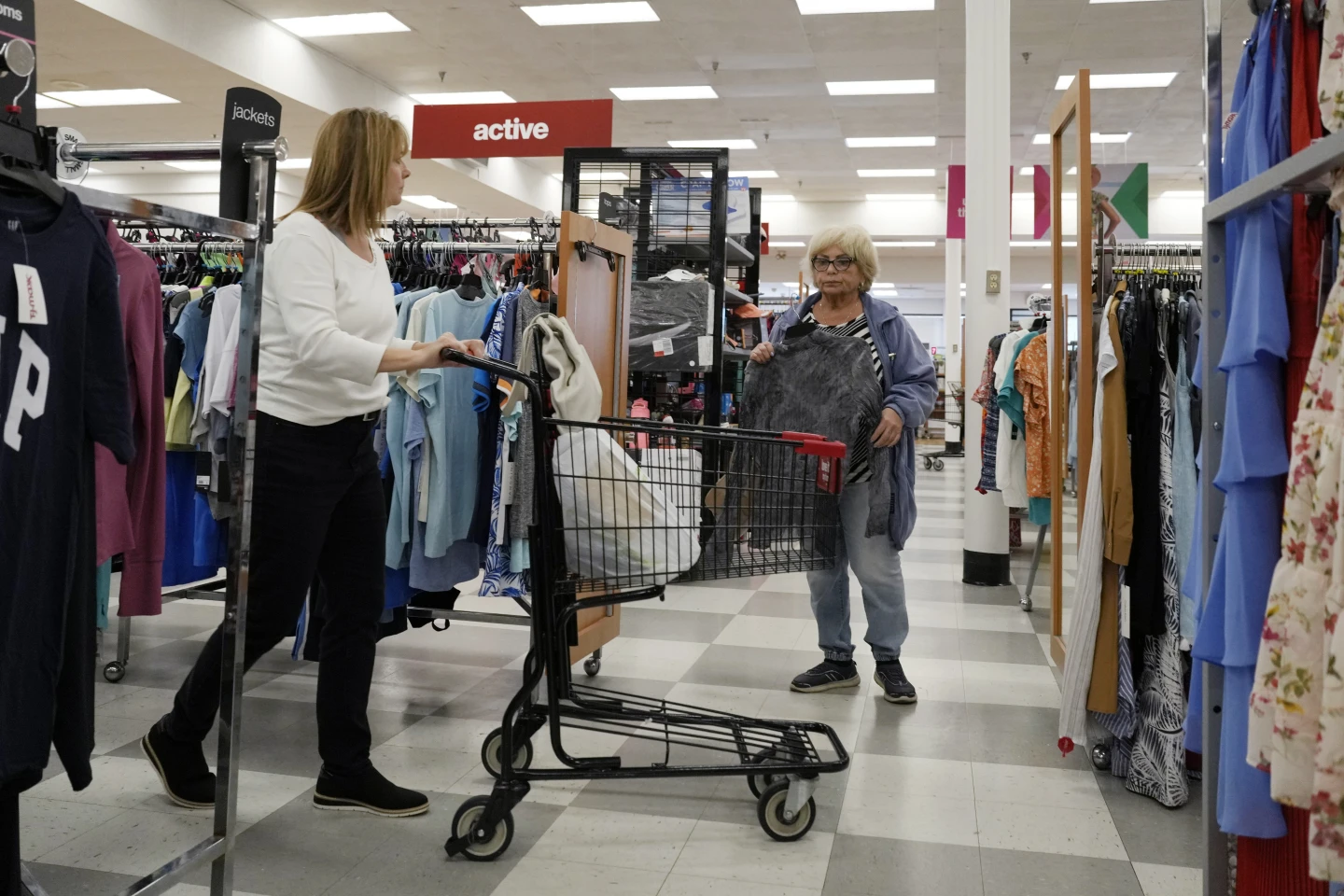
WASHINGTON (AP) — The warnings have been sounded for more than a year: A recession is going to hit the United States. If not this quarter, then by next quarter. Or the quarter after that. Or maybe next year.
So is a recession still in sight?
The latest signs suggest maybe not. Despite much higher borrowing costs, thanks to the Federal Reserve’s aggressive streak of interest rate hikes, consumers keep spending, and employers keep hiring. Gas prices have dropped, and grocery prices have leveled off, giving Americans more spending power.
that the United States might actually achieve an elusive “soft landing,” in which growth slows but households and businesses spend enough to avoid a full-blown recession.
“The U.S. economy is genuinely displaying signs of resilience,” said Gregory Daco, chief economist at EY, a tax and consulting firm. “This is leading many to rightly question whether the long-forecast recession is really inevitable or whether a soft-landing of the economy” is possible.
Analysts point to two trends that may help stave off an economic contraction. Some say the economy is experiencing a “rolling recession,” in which only some industries shrink while the overall economy remains above water.
Others think the U.S. is experiencing what they call a “richcession”: Major job cuts, they note, have been concentrated in higher-paying industries like technology and finance, heavy with professional workers who generally have the financial cushions to withstand layoffs. Job cuts in those fields, as a result, are less likely to sink the overall economy.
Still, threats loom: The Fed is all but certain to keep raising interest rates, at least once more, and to keep them high for months, thereby continuing to impose heavy borrowing costs on consumers and businesses. That’s why some economists caution that a full-blown recession may still occur.
“The Fed will keep pushing until it fixes the inflation issue,” said Yelena Shulyatyeva, an economist at BNP Paribas.
On Wednesday, Fed Chair Jerome Powell reinforced that message, saying the central bank’s key rate hasn’t been restraining the economy for “very long” and that “the bottom line is that policy hasn’t been restrictive enough for long enough.”
Powell spoke at a global conference in Sintra, Portugal, along with three other central bank leaders whose economies are also struggling with persistently high inflation. The Bank of England last week raised its key rate a substantial half-point, which could send the U.K. into a recession, while Europe’s economy has stagnate d in the past six months.
Here’s how it could all play out in the United States:
IT’S A ROLLING RECESSION
When different sectors of the economy take their turns contracting, with some declining while others keep expanding, it’s sometimes called a “rolling recession.” The economy as a whole manages to avoid a full-fledged recession.
The housing industry was the first to suffer a tailspin after the Fed began sending interest rates sharply higher 15 months ago. As mortgage rates nearly doubled, home sales plunged. They’re now 20% lower than they were a year ago. Manufacturing soon followed. And while it hasn’t fared as badly as housing, factory production is down 0.3% from a year earlier.
